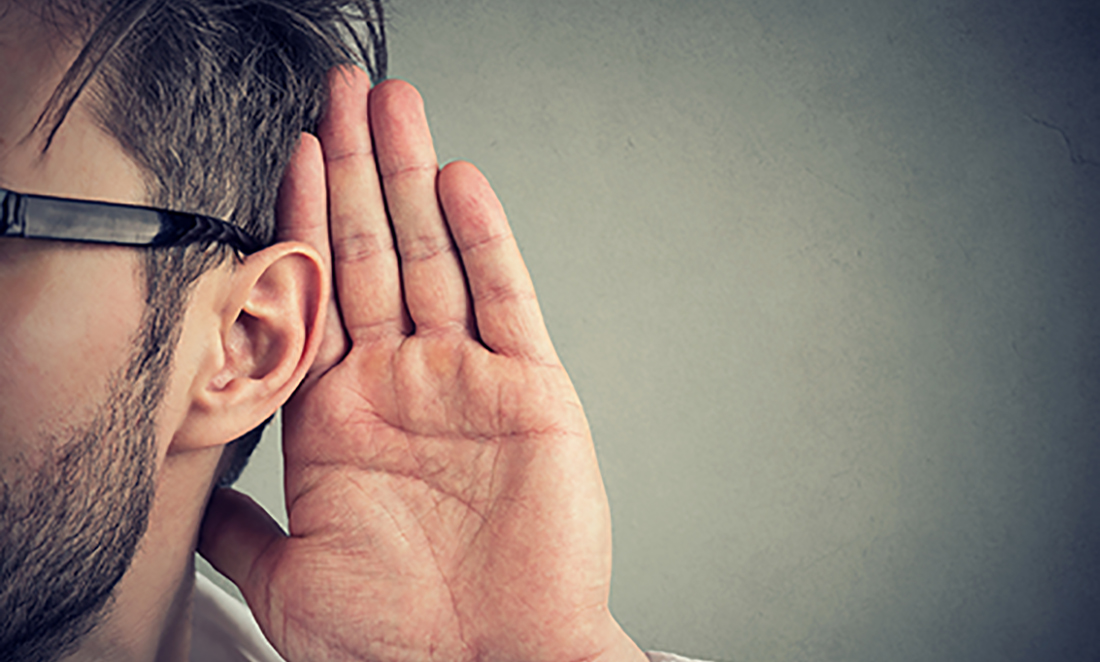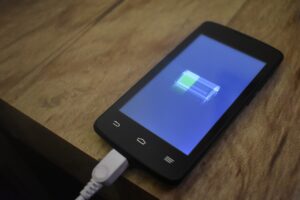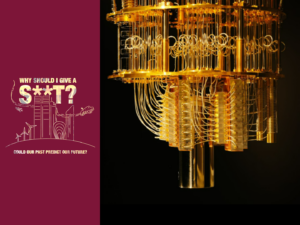Imagine realising you’ve lost access to one of your senses.
How would this change the way you experience the world around you?
And, if you lose your hearing or sight, how does this change the way you communicate?
For many of us, we correct our eyesight over the course of our lives. Some wear glasses from a young age. Others might get surgery later in life for conditions like cataracts.
But when it comes to hearing loss, we tend to put up with it until it’s too late.
Hearing loss can cause physiological changes in the body, along with increasing the cost of healthcare in the long run. It has also been linked to changes in cognitive ability.
So how do you deal with early hearing loss, especially when it’s not bad enough to need an expensive hearing aid?
Perth’s Nuheara is trying to solve that problem.
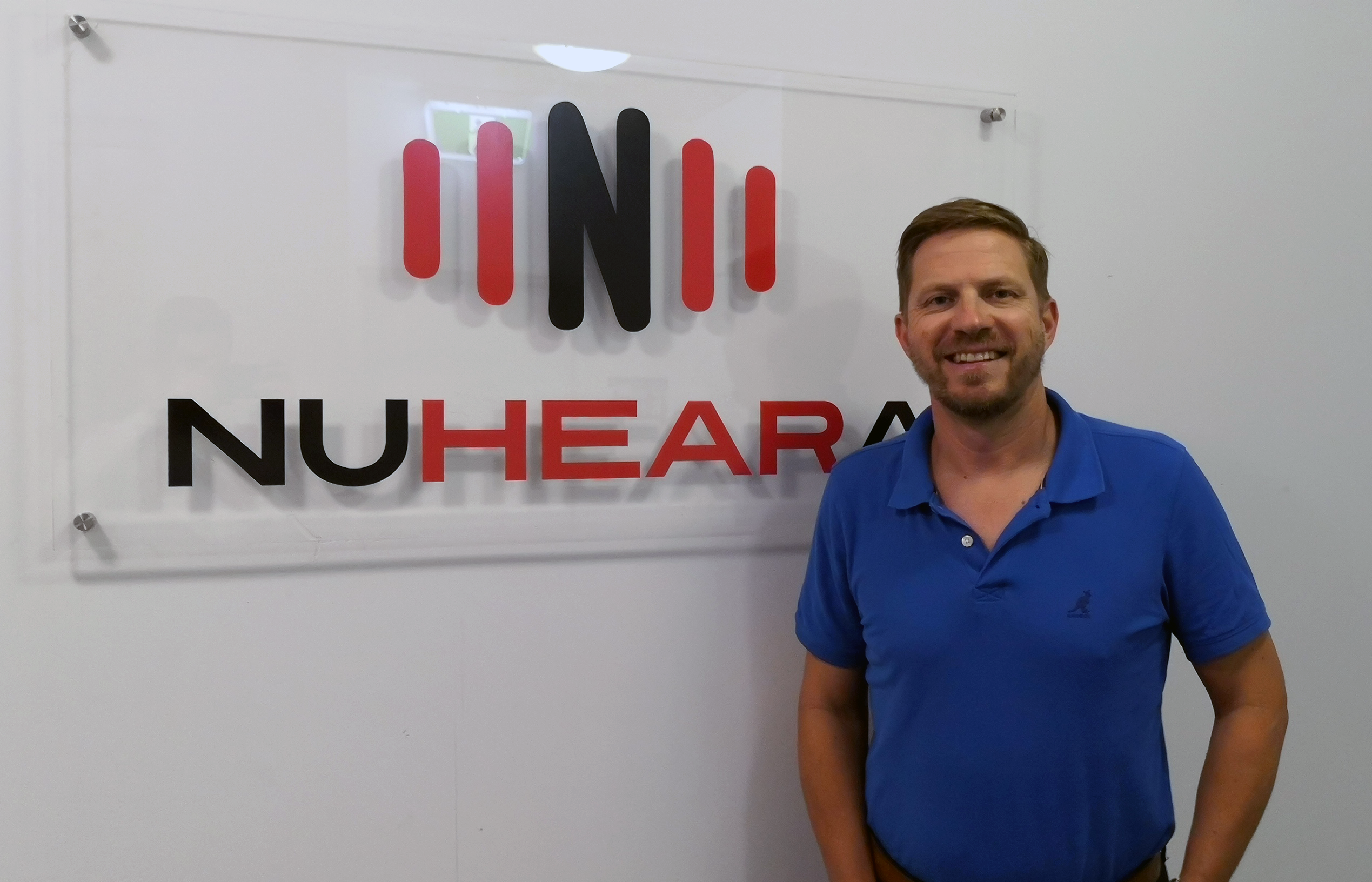
Hearing lost and found
Nuheara is a company specialising in earbuds which also assist hearing.
Before founding Nuheara, CEO and co-founder Justin Miller worked with Sensear—a company building smart headsets for communicating in noisy environments.
While Justin was demonstrating this technology, he discovered a common factor in many of the people testing it—hearing loss.
“A lot of people asked me could I get something like this to use in a restaurant?” he says. “It made me realise this type of hardware could be used in other areas.”
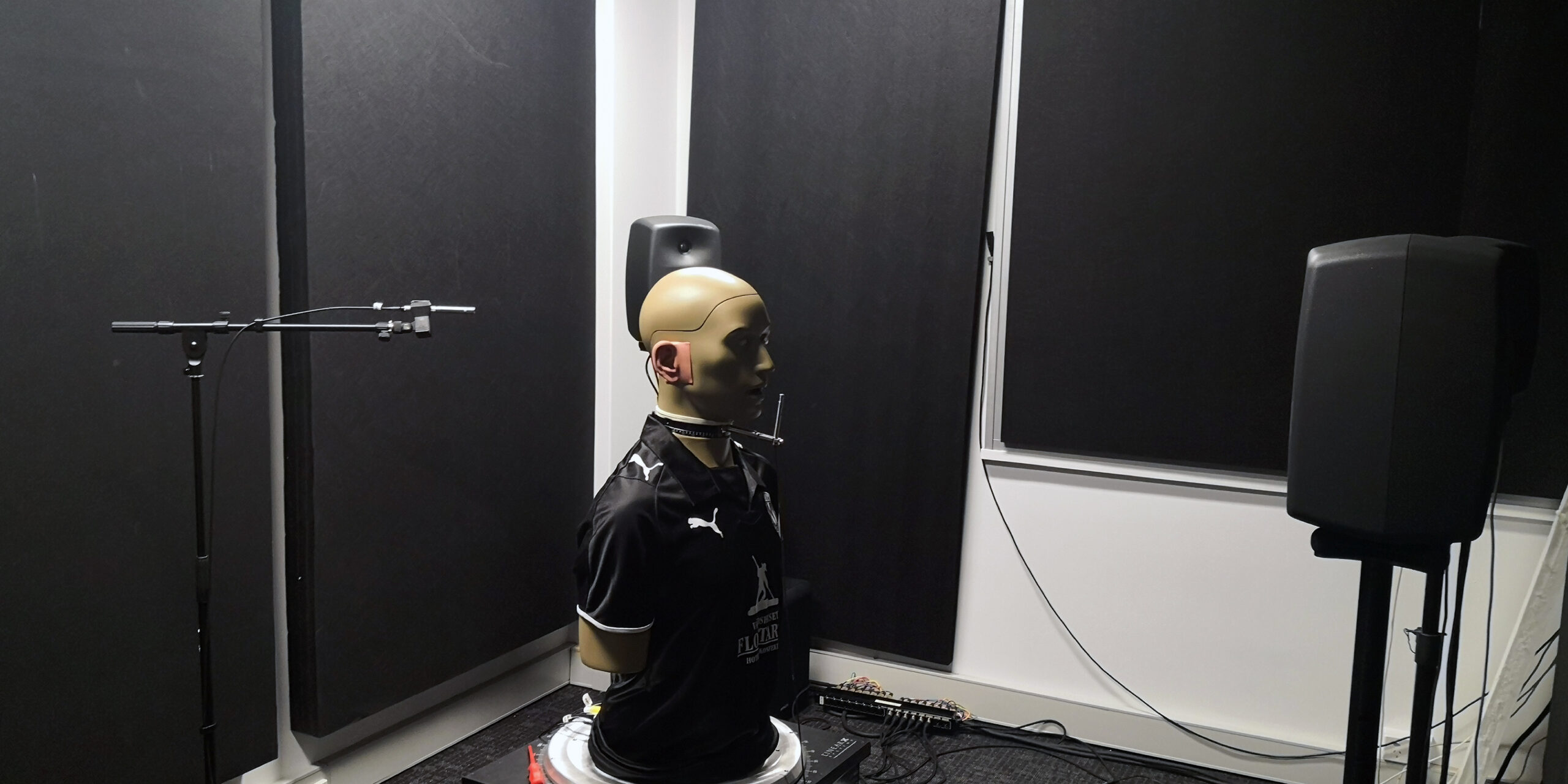
Occupational hazards
Occupational noise-induced hearing loss is one of the most common causes of hearing loss in under 50s.
A 2010 government Hearing Health report showed 28% to 32% of Australians work in environments where they are exposed to potentially deafening levels of noise.
And often they don’t realise their hearing has been damaged until it’s too late.
According to Justin, 75% of the hearing market isn’t being serviced, especially those suffering from low to medium-level hearing loss.
Justin is in that group himself, having partial hearing loss in one ear.
“People start losing their hearing from around the age of 35,” he says. “Most people usually don’t do anything about it until it’s gone too far and they need an expensive hearing aid.”
Born global
In 2014, Justin and founded Nuheara with David Cannington.
With a strong connection to the international hearing community, they launched Nuheara globally from day one.
The aim was to create a device to improve people’s hearing while also making the device usable for other tasks, such as listening to music.
This lead to Nuheara’s IQbuds—a pair of wireless earbuds you can customise to your own preferences.
“Wearing things in our ears has become normal, especially since Apple’s wireless AirPods have come around,” Justin says.
“HEARING AID COMPANIES HAVE SPENT YEARS TRYING TO HIDE THEIR DEVICES, BUT WE’RE SEEING PEOPLE ARE COMFORTABLE WEARING DEVICES PUBLICLY.”
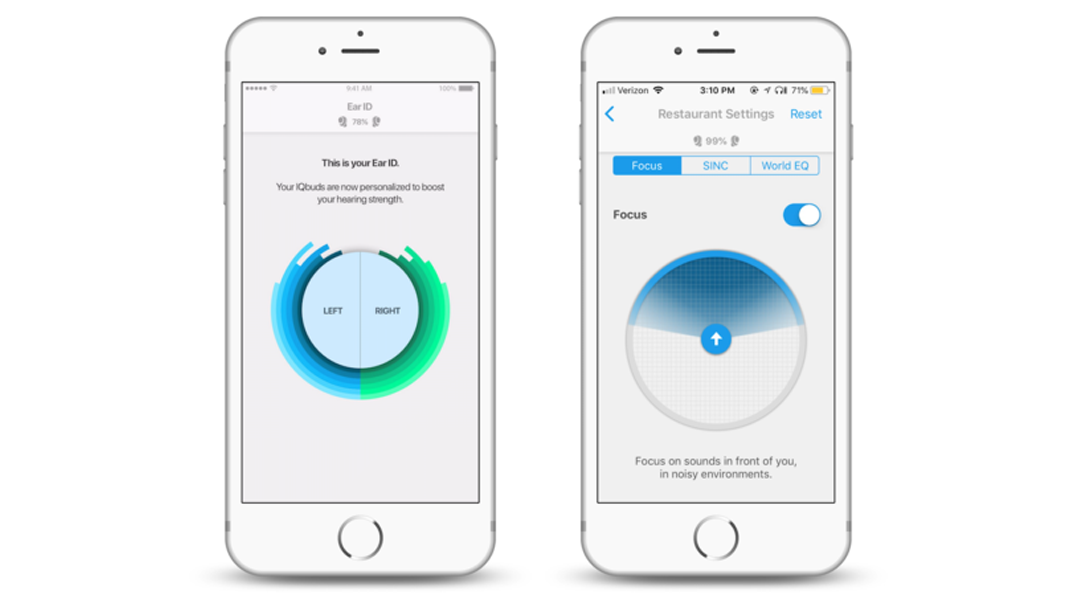
Hearing smarter not harder
At this point, you might be wondering ‘do they work?’ and ‘are they comfortable?’
The earbuds themselves are quite light and comfortable to wear. They come with a range of ear tip sizes and don’t feel much different from standard in-ear headphones.
Straight out of the box, you’ll notice you can hear yourself and those around you in clear stereo. It’s not like hearing a recording of yourself – It’s how your voice normally sounds and there’s no delay.
The touch sensors on both earpieces let you control their settings and, once paired to a phone, you can customise these functions. You can also adjust individual settings for each preset environment—home, office, driving and so on.
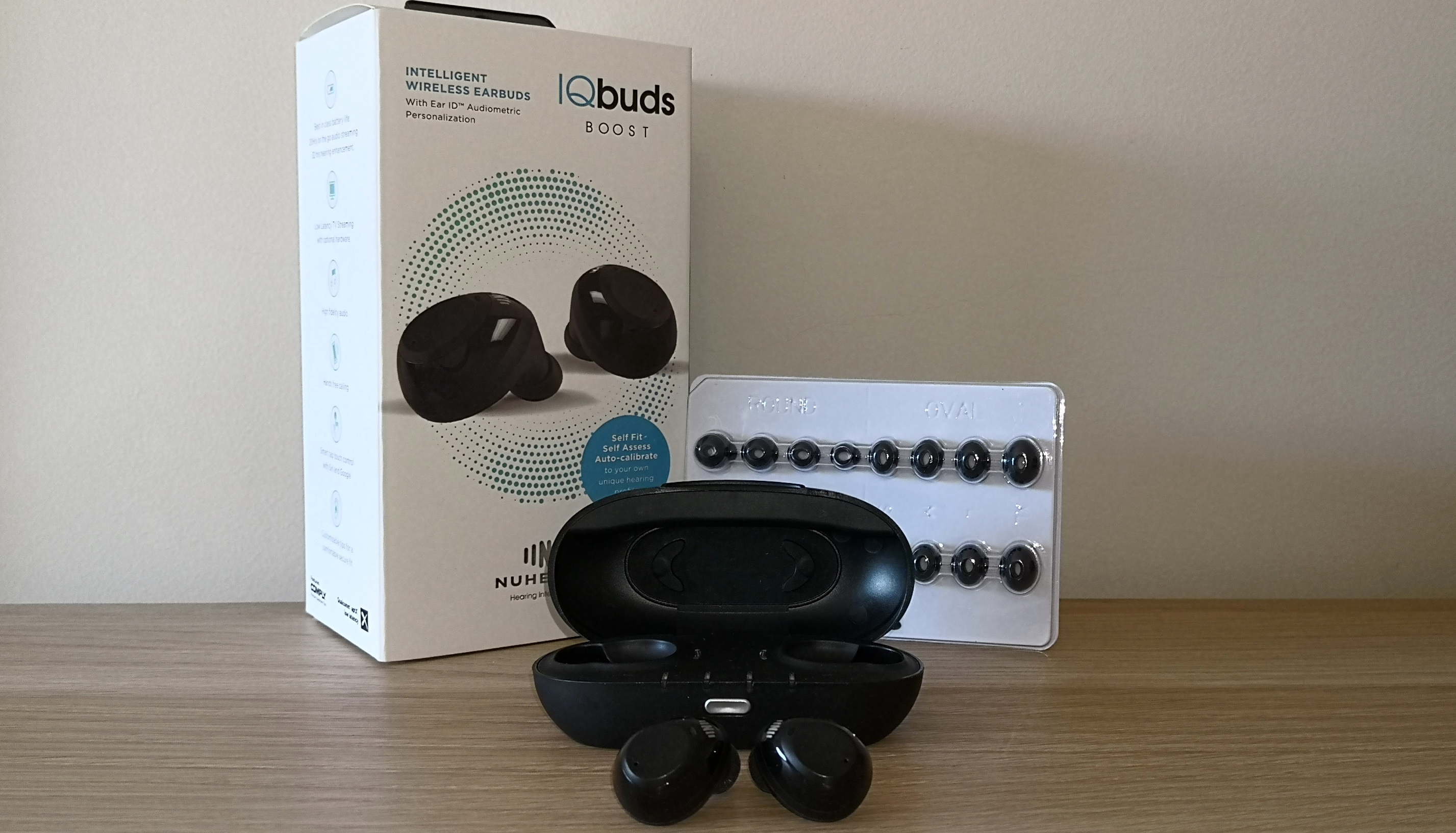
On the Boost model, the app runs you through a hearing test to generate an “Ear ID”. This “clinical grade hearing assessment” calibrates the earbuds to your hearing levels.
The difference is a little surreal at first, but in an area with background noise, the change is immediate. Conversations are easier to hear while background noise is reduced—a definite improvement for those who struggle to hear in loud environments.
Changing more than hearing
Nuheara also has a secondary use for their technology called Project Life Change.
The project focuses on people who suffer from a range of concentration and auditory disorders. As the technology helps to reduce distractions and other noises that might derail the thought process, it can be used to help the user stay focused.
It’s a project which has helped adults and children alike, and it’s only one step the team are taking to help get their product to those who need it most.
While IQbuds are sold online and in stores, the focus is to promote them to a more direct market—audiologists.
“We’re looking at ways to better promote our devices to those who need it, with around 100 million people estimated to be in that low to medium hearing loss range,” Justin says. “We have a trial ongoing in clinics in Ireland to see if there’s a way to work with hearing aid groups to help provide our products.”
Justin’s hope is one day, you’ll be able to walk into a store, get your ears tested, and walk out with a solution—just like buying a pair of glasses.



